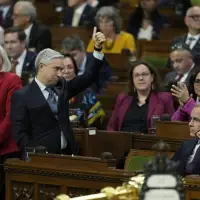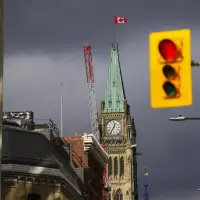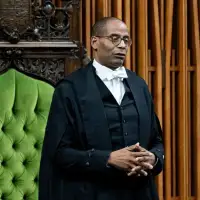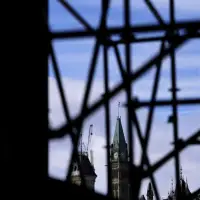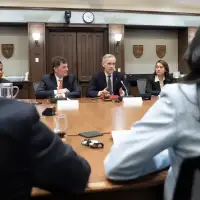
Carney’s minority Liberals, opposition parties locked in existential impasse as sitting winds down
As this instalment of Process Nerd goes to virtual press, there’s still time for a last-minute burst of cross-aisle collegiality that could change the numbers, but barring a sudden dramatic shift in the current dynamics, Prime Minister Mark Carney’s just-three-seats-shy-of-a-majority government is about to wrap up its first full-length sitting in office with a grand total of one bill reaching...
